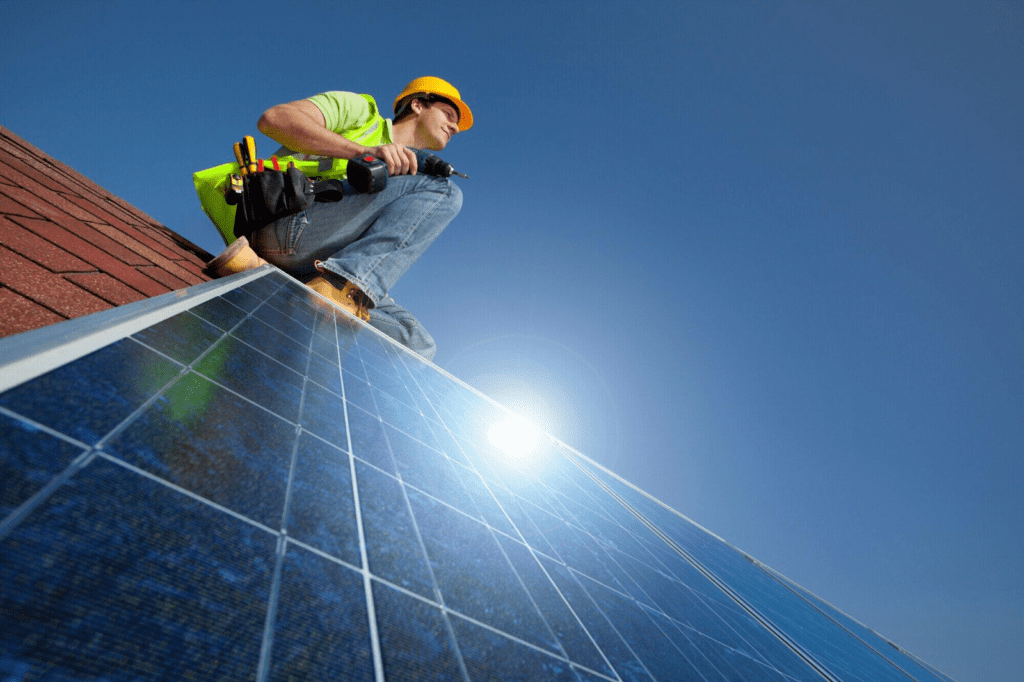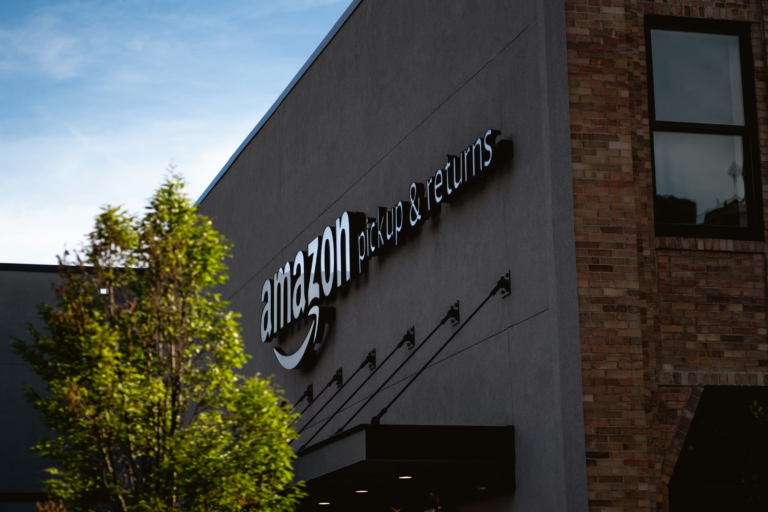
Solar energy is becoming more popular as a smart and affordable way to power our homes and businesses. However, some folks may feel a bit overwhelmed by the technical aspects.
If you’re thinking about solar energy, you might have come across hybrid solar inverters. These devices play a key role in turning sunlight into power for your home.
But don’t worry if it all seems a bit confusing at first. This blog post will break down the idea of a hybrid solar inverter, showing you how they make solar panels work to power your home.
What is a Hybrid Solar Inverter?
A hybrid inverter is a helpful tool that merges the features of a regular solar inverter with a battery inverter. It lets you control various energy sources like solar panels, batteries, and the grid.
Hybrid inverters turn solar panel-generated DC into AC for household use. Unlike standard inverters, hybrid inverters can store extra solar energy in batteries for future use. This gives you more energy freedom and dependability.
Why Choose Hybrid?
A key benefit of hybrid inverters is their energy storage capability. This allows you to save money by using stored solar power during peak times with high grid electricity rates. Hybrid inverters also serve as a backup power source during outages, ensuring continuous power supply.
How Do Solar Panels Work?
Before we dive deeper into hybrid inverters, it’s essential to understand how solar panels generate electricity. Solar panels consist of photovoltaic (PV) cells that convert sunlight into DC electricity.
Photovoltaic Cells
PV cells are made from semiconductor materials like silicon. When sunlight hits these cells, it generates a flow of electrons, creating DC electricity.
Stringing Panels Together
Individual PV cells are connected to form a solar panel, and multiple panels are linked together to create a solar array. This array produces enough electricity to power your home.
Direct Current to Alternating Current
The electricity generated by solar panels is DC, but most household appliances run on AC. This is where the inverter comes in, converting DC to AC to make the electricity usable.
The Role of Batteries in Solar Systems
Batteries play a crucial role in maximizing the efficiency of a solar power system. They store excess energy generated during sunny periods for use when solar production is low.
Types of Batteries
Several types of batteries can be used in solar systems, including lead-acid, lithium-ion, and flow batteries. Lithium-ion batteries are most commonly used due to their high energy density and long lifespan.
Storage Capacity
The storage capacity of a battery determines how much energy it can hold. This is typically measured in kilowatt-hours (kWh). A higher storage capacity allows for more energy independence, as you can store more excess solar power.
Battery Management
Hybrid inverters include a battery management system (BMS) that monitors and optimizes battery performance. This ensures efficient charging and discharging, prolonging the battery’s lifespan.
Grid Interaction with Hybrid Inverters
One of the standout features of hybrid inverters for solar is their ability to interact seamlessly with the electrical grid. This interaction is crucial for managing energy flow and optimizing your solar system’s performance.
Feeding Excess Energy
When your solar panels generate more electricity than you need, the excess can be fed back into the grid. This not only helps reduce your electricity bill but may also earn you credits from your utility company.
Drawing from the Grid
During periods of low solar production or high energy demand, hybrid inverters can draw electricity from the grid. This ensures a reliable power supply even when solar and battery power are insufficient.
Grid Backup
In the event of power outages and solar deficits due to weather or technical issues, hybrid inverters can switch to battery power, providing a backup supply. This is especially useful in areas prone to frequent outages.
Efficiency and Cost-Effectiveness
Hybrid inverters offer several advantages that make them an efficient and cost-effective choice for solar power systems.
Higher Efficiency
Hybrid inverters are generally more efficient than traditional inverters because they can manage multiple energy sources. This means less energy is wasted, and more is utilized for your needs.
Cost Savings
By optimizing energy usage and reducing reliance on the grid, hybrid inverters can lead to significant cost savings. This is particularly true in regions with high electricity rates or time-of-use pricing.
Long-term Investment
While hybrid inverters may have a higher upfront cost, their ability to store energy and provide backup power makes them a worthwhile long-term investment.
Environmental Impact
Switching to solar power with hybrid inverters has a positive impact on the environment.
Reduced Carbon Footprint
Solar power is a clean, renewable energy source that reduces greenhouse gas emissions. By using a hybrid inverter system, you can further minimize your carbon footprint by maximizing solar energy usage.
Sustainable Energy
Hybrid inverters promote sustainable energy practices by encouraging energy storage and efficient usage. This reduces the strain on the electrical grid and supports the transition to a more sustainable energy future.
Eco-friendly Materials
Many hybrid inverters and solar panels are made from eco-friendly materials. This ensures that the entire system has minimal environmental impact from production to disposal.
Future of Hybrid Inverters
The future of hybrid inverters looks promising, with advancements in technology and increasing adoption rates.
Technological Advancements
Ongoing research and development are leading to more efficient and affordable hybrid inverters. Innovations like improved battery technology and AI-driven energy management are set to revolutionize the industry.
Growing Adoption
As more people become aware of the benefits of solar power, the adoption of hybrid inverters is expected to rise. Government incentives and increasing electricity costs are also driving this trend.
Integration with Smart Homes
Hybrid inverters are increasingly being integrated with smart home systems. This allows for more precise energy management, further enhancing efficiency and convenience.
Switch to a Hybrid Solar Inverter Today
A hybrid solar inverter is a clever way to use solar power effectively. They can handle different energy sources, store extra power, and offer backup energy.
These handy devices help you save money and make the most of your energy. They are a great choice for homes and businesses. Plus, they are good for the environment.
As technology gets better, hybrid inverters will keep improving, making solar power even more useful for everyone. Choosing hybrid inverters is a positive move toward a greener future.
Looking for captivating reads? Explore a variety of topics on our blog. Enjoy!








